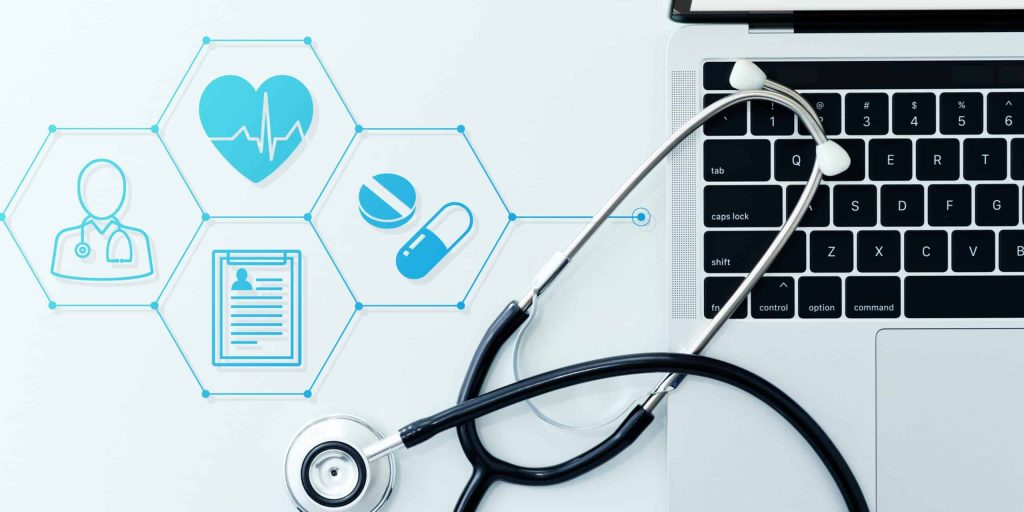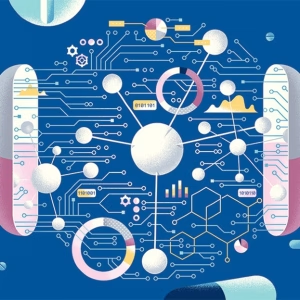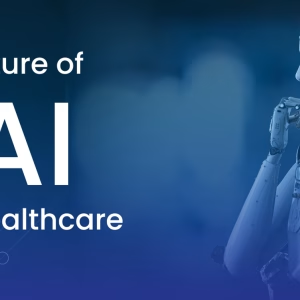Explore the crucial role of data privacy and security in healthcare innovation, highlighting best practices in cybersecurity, compliance with regulations, and the transformative impact of data science.
The Importance of Data Privacy and Security
In today’s digital age, the protection of sensitive health information has become more crucial than ever. The healthcare industry faces numerous challenges in safeguarding patient data, as breaches can severely impact patient trust and compliance with strict legal standards. This introduction outlines the pivotal importance of robust cybersecurity measures and strict adherence to data privacy regulations to ensure the integrity and confidentiality of health data.

Implementing Cybersecurity Measures
To effectively protect health information, healthcare organizations must implement comprehensive cybersecurity strategies. This includes the adoption of advanced encryption methods, secure authentication protocols, and the conduct of regular security audits. The goal is to mitigate potential vulnerabilities that could allow unauthorized access and to ensure continuous improvement in security practices to counteract evolving cyber threats.
Compliance with Data Privacy Regulations
Navigating the complex landscape of legal requirements, such as the General Data Protection Regulation (GDPR) and the Health Insurance Portability and Accountability Act (HIPAA), is essential for healthcare providers. These laws provide a framework for managing personal health information in a manner that respects patient privacy and ensures data security.
Educating Healthcare Professionals and Patients
Education and training in data privacy and security are vital for both healthcare providers and patients. This segment emphasizes the importance of raising awareness about potential risks and best practices for safeguarding personal and sensitive information within digital platforms in the healthcare sector.
Promoting Interdisciplinary Collaboration
The intersection of data science and healthcare encourages a collaborative approach to medical research and patient care. This part of the article discusses how data science fosters collaboration through open data initiatives, enhancing the collective ability to address complex health challenges.
Enabling Data Sharing and Knowledge Exchange
Data sharing among healthcare institutions and professionals promotes an environment of transparency and collective intelligence. This section examines how the democratization of data access and analytics tools can lead to innovative healthcare solutions and effective disease management strategies.
Leveraging Data Science for Innovation
Here, the focus shifts to how data science can drive healthcare innovation. By analyzing large datasets, researchers can uncover insights that lead to the development of novel treatments and technologies, thereby enhancing the accuracy of diagnostics and the efficiency of healthcare delivery systems.
Addressing Healthcare Disparities
Data science is instrumental in identifying and addressing healthcare disparities. This part of the article looks at how data analysis can help tailor healthcare practices to better meet the needs of underserved populations, thereby improving overall health equity.
Empowering Precision Medicine and Personalized Care
The integration of data science into healthcare supports the implementation of precision medicine and personalized care strategies. This segment explains how personalized treatment plans, based on individual genetic profiles and health histories, can improve patient outcomes and treatment experiences.
Conclusion: Embracing Data Science for a Brighter Future
In conclusion, the article reaffirms the critical role of data privacy and security in advancing healthcare. It underscores the importance of continued investment in data science as a means to foster innovation, improve patient care, and enhance the effectiveness of healthcare systems globally.













